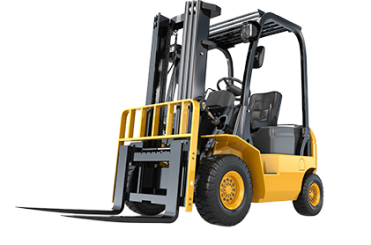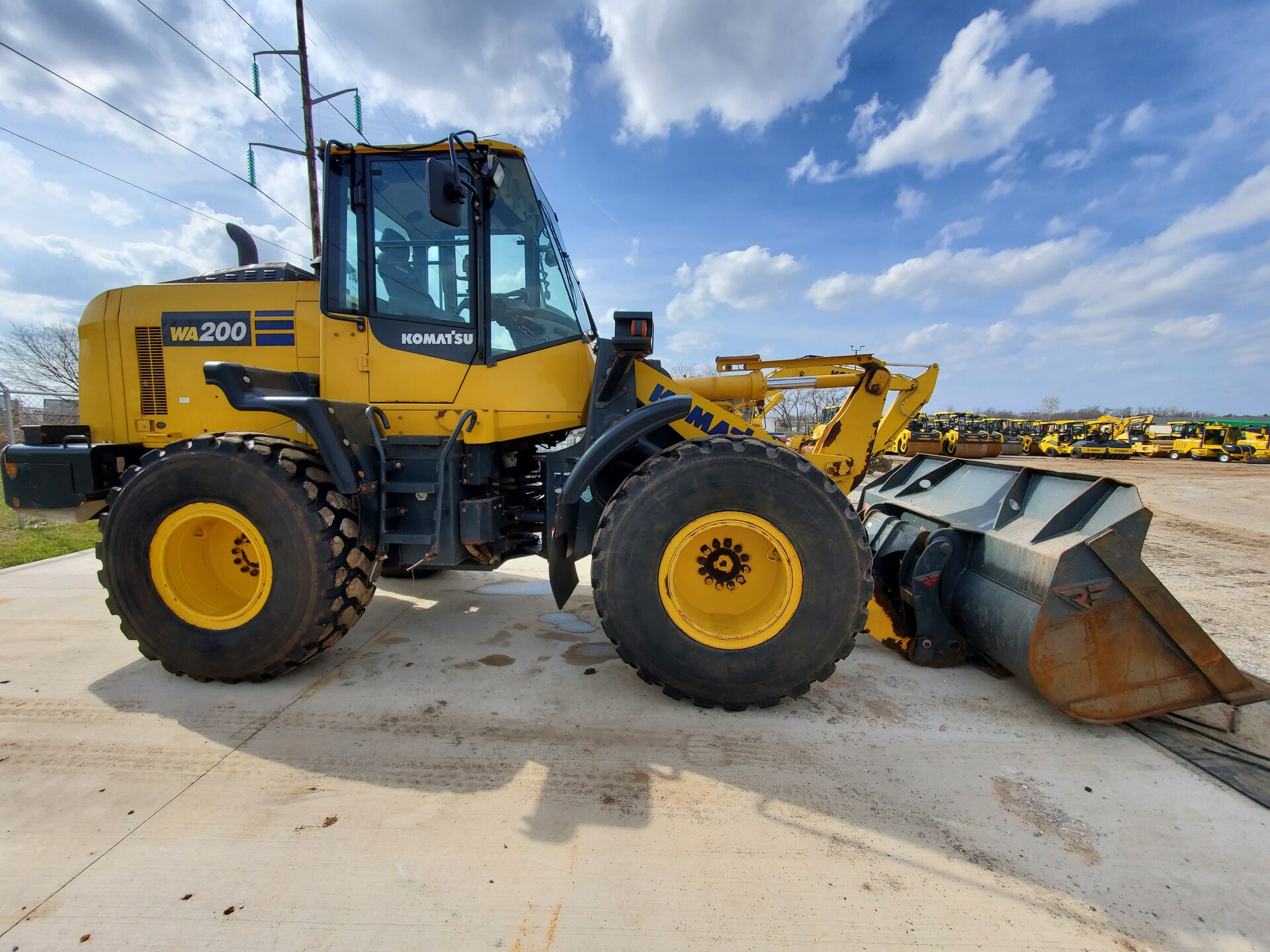Optimize Efficiency with Our Construction Equipment Rentals: From Boom Lift Rental to Mini Excavator Rental
Optimize Efficiency with Our Construction Equipment Rentals: From Boom Lift Rental to Mini Excavator Rental
Blog Article
Vital Tips for Managing Heavy Equipment Rental Agreements and Logistics Effectively
Successfully taking care of heavy equipment rental arrangements and logistics is essential for the success of any type of job that relies upon these resources. A comprehensive understanding of rental terms, combined with accurate evaluation of equipment requirements, lays the structure for desirable arrangements. Coordinating transportation logistics and preparing for ongoing upkeep can dramatically minimize unanticipated costs and hold-ups. Nevertheless, the ins and outs of these components often present challenges that require tactical foresight. What are the crucial factors to consider that can transform these potential pitfalls right into chances for efficiency and cost-saving?
Understand Rental Terms
Understanding rental terms is vital for successful heavy devices monitoring. Experience with the specific regards to a rental contract can substantially impact functional effectiveness and cost-effectiveness. Trick parts generally include rental duration, settlement framework, and maintenance obligations. The rental period defines the timeframe for which the equipment is leased, affecting budgeting and task timelines. Repayment structures often differ, including daily, weekly, or month-to-month rates, which demand exact computations to avoid unforeseen expenditures.
Moreover, it is critical to comprehend the maintenance commitments outlined in the agreement. Generally, rental companies preserve the tools, but comprehending who is in charge of routine checks and repair services is crucial to avoid functional disturbances. In addition, terms might include stipulations concerning obligation for problems or theft, which can have severe monetary ramifications otherwise correctly recognized.
)
Assess Equipment Demands
Evaluating equipment needs is an important action for any type of task supervisor aiming to maximize source allocation and boost operational effectiveness. This procedure entails an extensive evaluation of the task needs, consisting of particular tasks, timelines, and the type of devices necessary to achieve wanted end results.
Begin by identifying the scope of the task and the jobs that will certainly be done. Take into consideration factors such as the surface, the scale of procedures, and any kind of potential obstacles that could affect devices choice. Engaging with staff member that will run the machinery can give useful understandings right into useful demands and preferences.

Following, assess the ability and capacities of offered equipment options. It is vital to match the right equipment to the jobs available, making sure that it can take care of the anticipated workload without jeopardizing safety and security or performance.
Furthermore, consider the rental duration and regularity of usage. Understanding these elements can assist figure out whether renting or buying is the most cost-effective option. By carrying out a thorough evaluation of tools requirements, task supervisors can make enlightened choices that result in boosted performance and minimized functional costs.
Negotiate Properly
Once the equipment demands are plainly identified, the following step entails reliable settlement with rental companies to protect positive terms. Begin by looking into different rental companies to comprehend their pricing structures, stock availability, and track record.
When approaching the settlement table, be clear regarding your requirements, consisting of the kind of tools, rental period, and any additional services you may require. This transparency allows rental firms to supply customized options that can fulfill your particular requirements (scissor lift rental). Don't be reluctant to request for price cuts, especially for long-term leasings or mass orders, as numerous business want to supply giving ins to protect larger agreements
Furthermore, think about bargaining terms associated with shipment, informative post insurance coverage, and maintenance costs. These variables can dramatically impact the total expense and ought to be explicitly outlined in the rental contract. Make certain that all agreed-upon terms are recorded in composing to protect against misunderstandings and safeguard your rate of interests throughout the rental period. Efficient arrangement not only causes expense savings but additionally establishes a favorable relationship with the rental firm.
Coordinate Transportation Logistics
Collaborating transportation logistics is a crucial facet of managing heavy devices rental contracts. Reliable transport ensures that devices is delivered on schedule and in ideal condition, consequently decreasing downtime and boosting project performance. To accomplish this, it is important to create a thorough logistics prepare that lays out the whole transport process from pick-up to distribution.
Begin by analyzing the particular transport demands based on the kind and size of the equipment involved - aerial lift rental. Involve with dependable transport companies who specialize in hefty tools to ensure they possess the needed knowledge and equipment, such as flatbed trucks or specialized trailers. Go over aspects such as weight limitations, route limitations, and called for permits to stay clear of unanticipated delays
Furthermore, keep open communication with both the rental company and the transportation supplier to work with schedules successfully. Confirm all details, including pickup and drop-off times, to guarantee every person is lined up and prepared. Develop backup plans to resolve any potential interruptions, such as adverse weather or traffic conditions, which might influence the transport timeline. By meticulously collaborating transport logistics, you can promote the stability of your rental contract and help with smooth job execution.
Prepare For Maintenance and Assistance

Furthermore, it is crucial to interact directly with the rental company concerning upkeep obligations. Some agreements might consist of upkeep as part of the rental service, while in various other instances, the onus might drop on the renter. Comprehending these terms will assist avoid unforeseen expenses and responsibilities.
Additionally, having accessibility to technical support can be indispensable. Make sure that the rental business offers 24/7 assistance or an emergency situation call, enabling speedy resolution of any type of tools issues. Educating your team on proper equipment usage and routine checks can also considerably improve operational performance.
Final Thought
In conclusion, reliable administration of heavy equipment rental arrangements and logistics joints on an extensive understanding of rental terms, precise evaluation of equipment needs, and adept settlement skills. Highlighting clear communication with all stakeholders stays important in navigating the intricacies of equipment rental and logistics administration.
Successfully handling hefty devices rental contracts and logistics is crucial for the success of any see it here project that counts on these sources. By thoroughly examining and understanding these rental terms, organizations can make informed choices, minimize threats, and make sure that their hefty useful site equipment monitoring straightens with project goals and monetary constraints.Working with transport logistics is a critical aspect of handling heavy equipment rental contracts.In conclusion, efficient monitoring of hefty tools rental agreements and logistics hinges on a comprehensive understanding of rental terms, exact evaluation of devices requirements, and proficient settlement abilities. Stressing clear interaction with all stakeholders stays critical in navigating the intricacies of devices leasing and logistics management.
Report this page